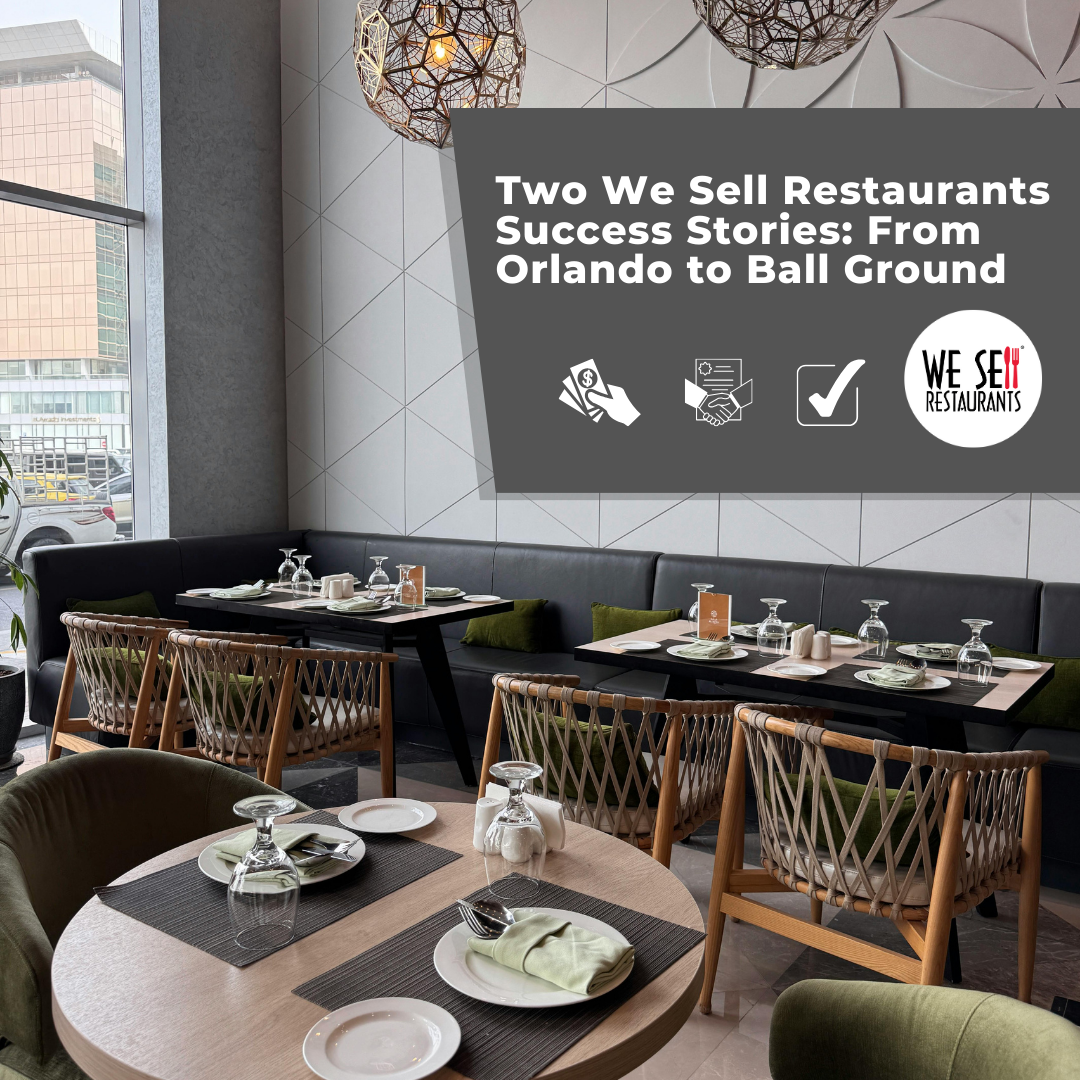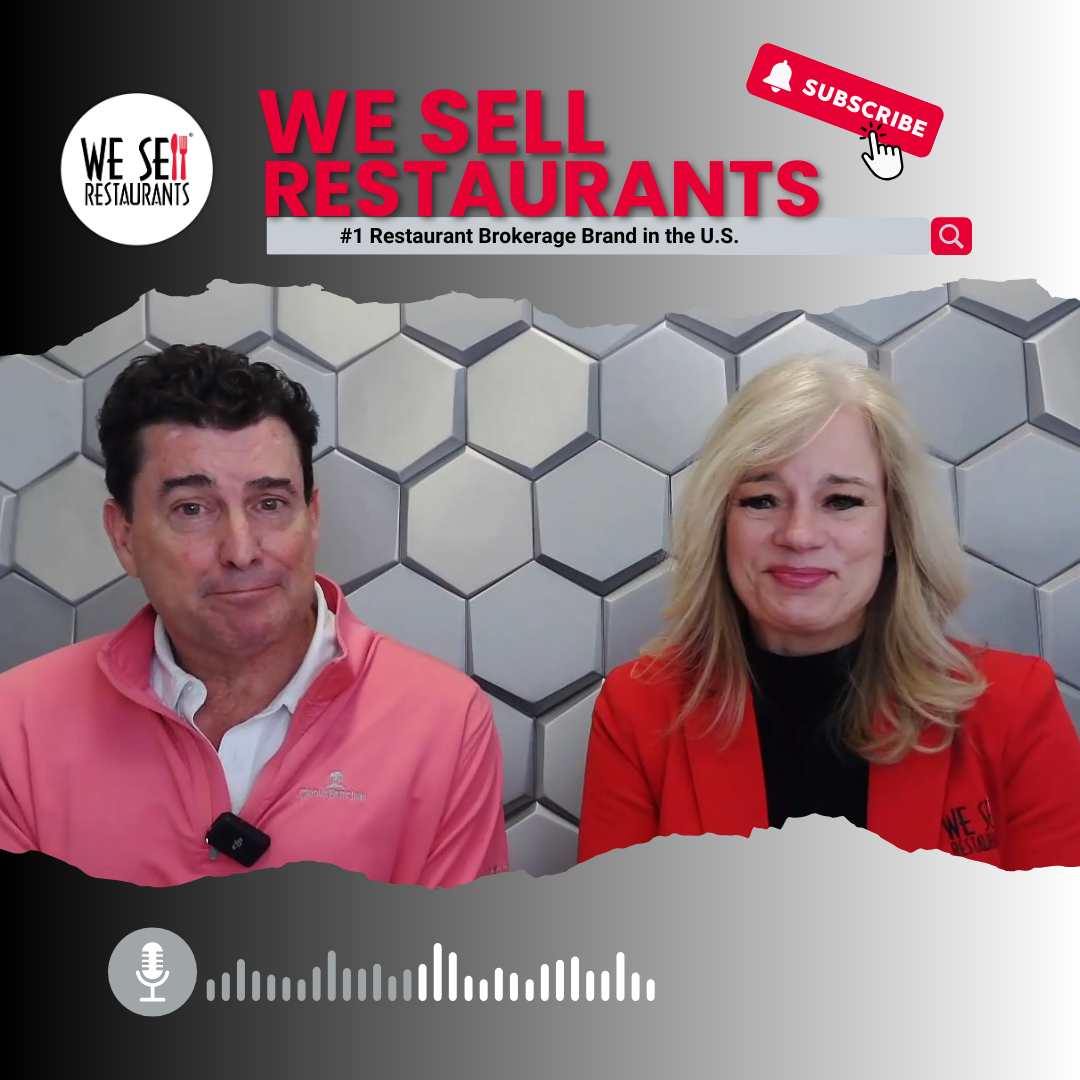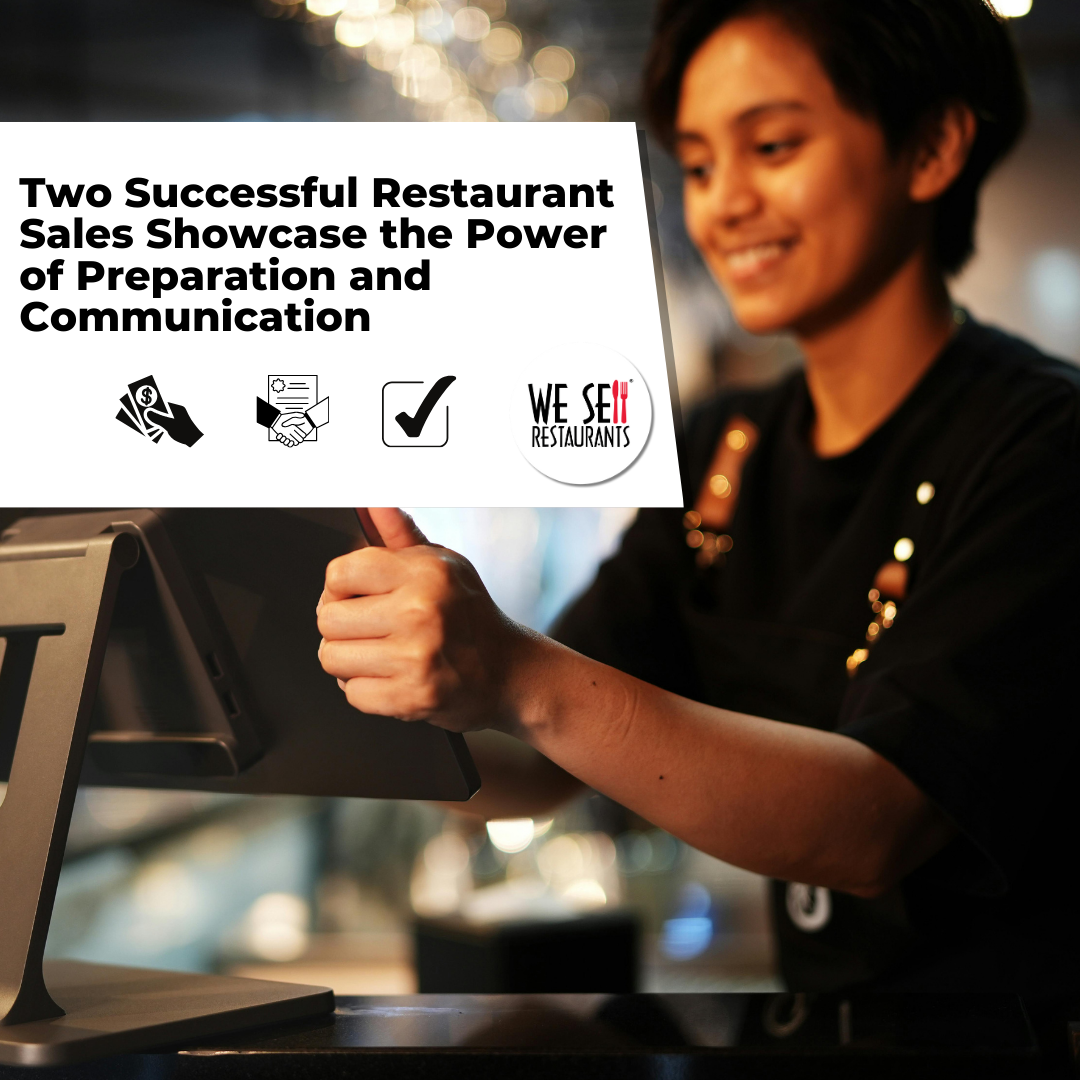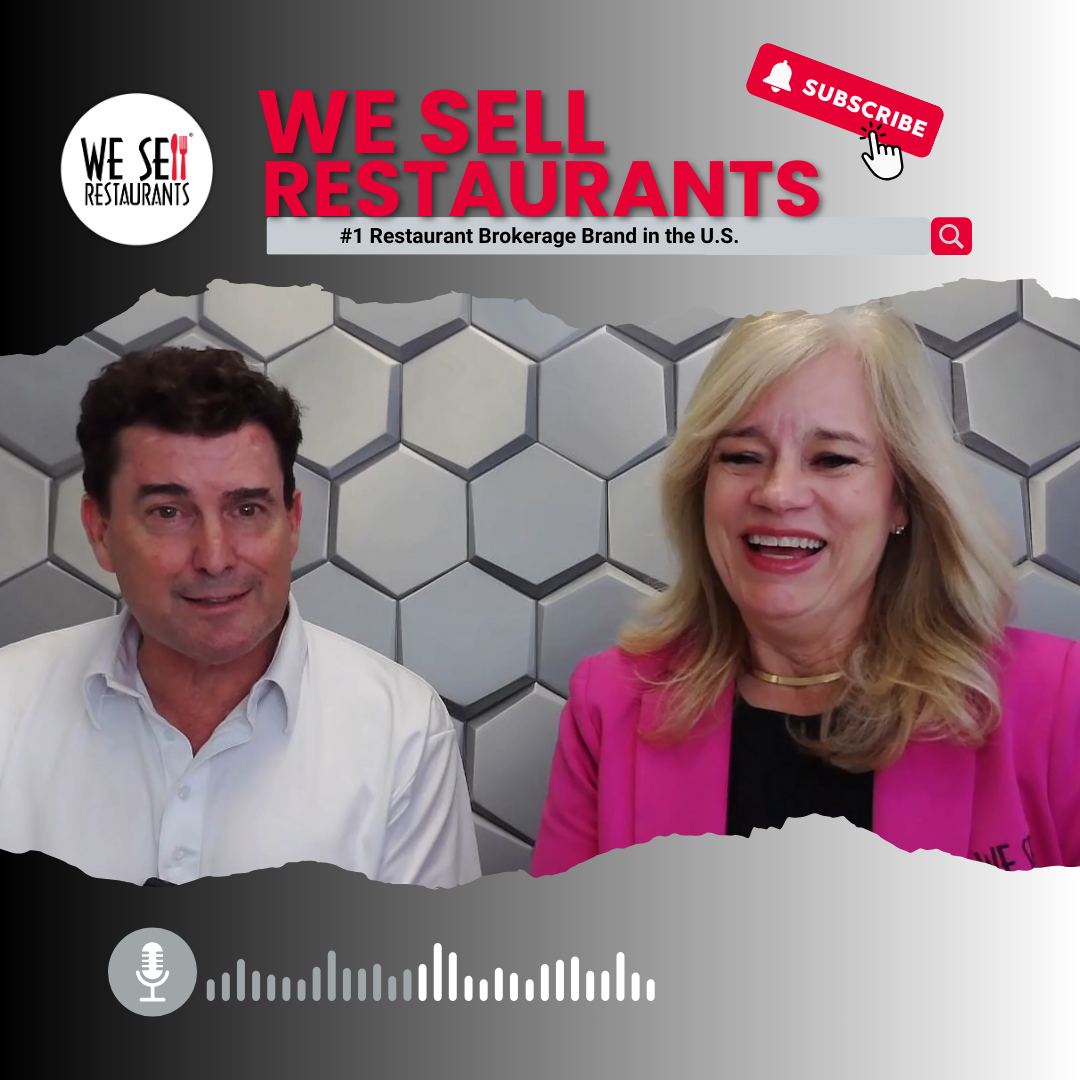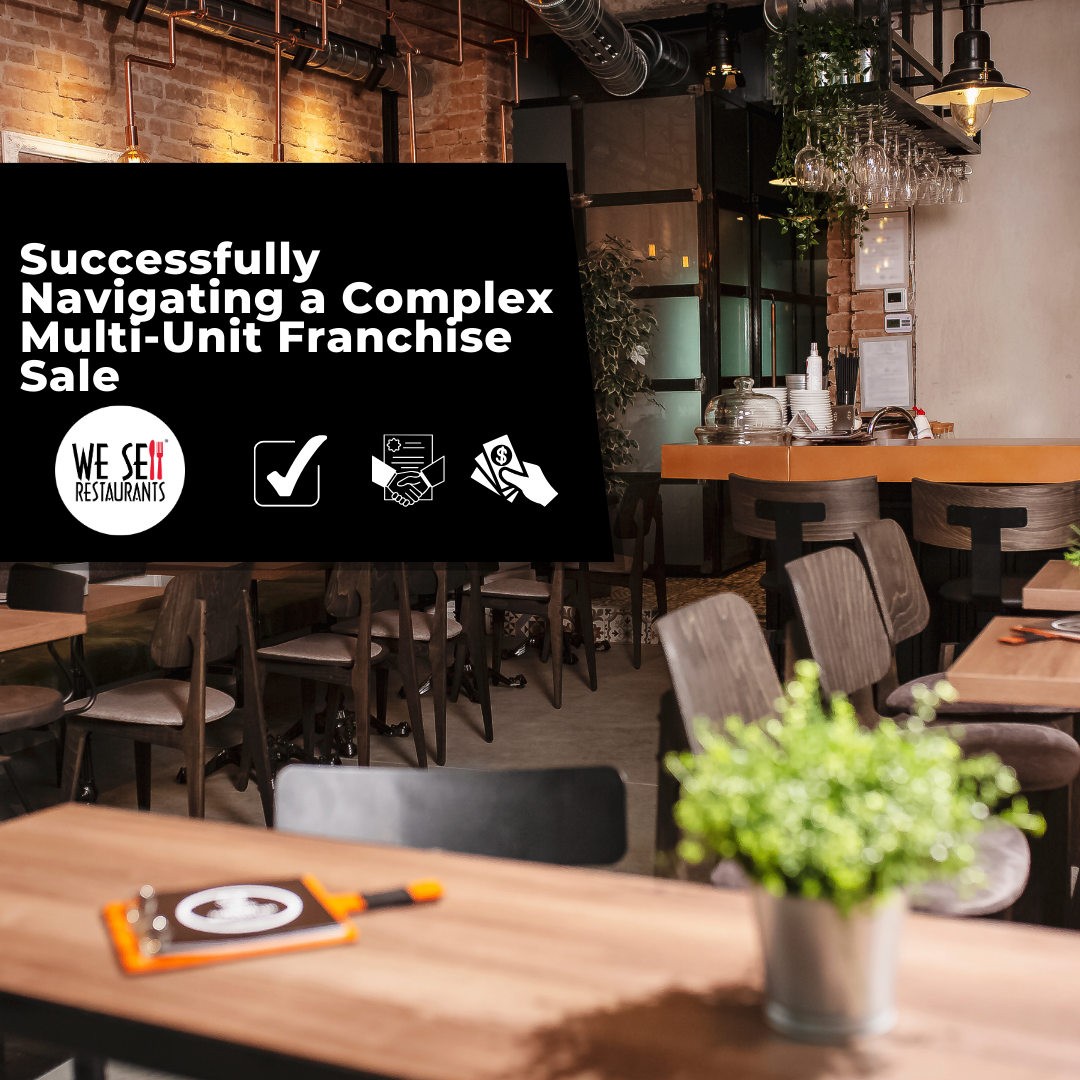Buying a restaurant can be a journey filled with risk and reward. Frequently however, misinformation abounds as would-be owners seek out resources and begin viewing restaurant for sale opportunities. Here are the top five myths associated with buying a restaurant, debunked one at a time.
Myth Number One – Restaurants have two sets of books and are high cash businesses
This may have been true two decades ago but not any longer. Those buying a restaurant do not need to buy into the myth that these are “cash” businesses and there’s a second or secret set of books that will deliver more than you see on a profit and loss statement or tax return.
Americans carry very little cash these days. With digital payment options direct from your phone and the use of debit and credit cards, there’s just not enough cash circulating in the country for this to be a reality. Fundera reported in 2020 that 80% of Americans prefer card payments over cash. Any seller that tells you there is more money to be found “off the books” is selling you a myth, not reality.
16% of all businesses for sale in the U.S. are restaurants for sale (BizBuySell). There are between 900,000 and 1 million restaurants nationwide, and franchise restaurants account for over 200,000 of those. In fact, restaurants are the largest single group in the franchise model with more units nationwide than any other franchise business line (IFA 2022 Economic Outlook). Franchisors are paid royalties for the use of their name, recipes, processes and trademark. That royalty is almost always derived from sales. For that reason, all income rolls up so the franchisor can adequately apply the royalty model and appropriately, be paid per the franchise agreement. Franchisors are masters at building systems that identify every dollar that passes through their model as their very earnings model depends on it.
For valuation purposes, Certified Restaurant Brokers are trained to find every bit of income that is on the books and categorize it into what is ultimately known as Sellers Discretionary Earnings (SDE) or Owner Benefit. For money earned off the books however, sellers cannot get the benefit of any flow through. They already benefited from underreported income tax to the federal government, underpaid sales tax to the state government and anyone else who is paid on sales or earnings (like a franchisor).
Myth Number Two – Those Buying a Restaurant can’t get Lending.
This is another myth associated with buying a restaurant this is out of date in today’s marketplace. When we wrote Appetite for Acquisition in 2012, it was true that finding lending for restaurants was a struggle but this is no longer the case. Today, buying a restaurant is routinely accompanied by lending, generally SBA backed loans, with no issues.
What you may find is that if a deal is under a certain price point, that there are limited lenders available to handle the transaction. Just as there are specialists to assist you in buying a restaurant, there are lenders better for certain industries than others. If you are working with a Certified Restaurant Broker, he or she will know which banks understand the valuation of the industry and routinely offer lending options.
Myth Number Three – Restaurants are Priced on Sales
Another common misunderstanding perpetuated by inexperienced brokers or online reading is that prices are set as a percentage of sales. This myth leads to a lot of confusion on what you should pay when buying a restaurant. This myth could not be farther from the truth.
Restaurants are priced based on cash flow alone, never sales. Here’s why. Consider two different restaurants, each doing $900,000 in sales. Restaurant A – Timmy’s Taco’s has a lease rate of $2000 per month or annual rent of $24,000. Restaurant B – Bobby’s Burger’s has a lease rate of $8000 per month or annual rent of $96,000. Automatically, Timmy’s Taco’s has an occupancy cost of 2.7% while Bobby’s Burger’s costs are 10.7% of sales. The difference between the two lease rates ($$96,000 - $24,000 = $72,000) is bottom line profit for Bobby’s Burger’s which factors into the pricing model. That $72,000 could be worth as much as $150,000 to $200,000 in the pricing alone IF all other costs were equal including labor, cost of goods sold and administrative costs. That’s why this lands on the list as myth number three when buying a restaurant. Someone who suggests pricing is based on sales is naïve or uninformed. A complete discussion on how to value a restaurant can be found at this link.
Myth Number Four – Landlords will Renegotiate Rent When Buying a Restaurant
When restaurants transfer, the landlords usually convey the lease through a document called an assignment and assumption. That means they are assigning the initial rights under the original lease and you are assuming them as a restaurant buyer.
Those buying a restaurant who are seeking rental concessions like free rent or rent abatement are often disappointed to learn that is not going to happen. The landlord has no incentive to reduce or abate rent for a new owner as he already has an existing tenant in place who is paying the requested rent.
This is not the same as starting a business from scratch. In that case, negotiations with the landlord can occur but for those buying a restaurant, expect to pay the rental rate on the existing lease agreement unless that agreement has a limited time left and you are getting a new lease, in which case you will be able to negotiate new terms.
Myth Number Five – You can Buy a Restaurant and be Absentee
This last myth requires some explanation because while it is technically possible to buy a restaurant and operate absentee, you may run into some roadblocks and in our experience, it rarely leads to success. In the age of the Great Resignation, which is really not a resignation at all but an influx of buyers to the marketplace, there is an appetite to acquire restaurants while working from home.
This is, for most owners, a mistake. It is the reason that franchisors rarely allow someone to acquire a restaurant and be an absentee owner. In most cases, franchises require that you are either an owner operator or you have an operating partner who will attend all training, have a financial stake in the business and be present each day.
SBA lenders are the other roadblock to absentee ownership. They will require you to commit to an owner operator scenario and will not lend on absentee situations. The exception to this is when you are an experienced multi-unit owner and have an entire management structure in place to support operations.
Finally, landlords are increasingly exacting about both the financial credentials and operational capacity of those buying a restaurant and leasing their center. They will drill down on this question as well and rarely want to accept an operator who admits they will be absentee.
Overall, based on the success factor and ability to get approval from the associated parties, we rate this as a myth. You cannot, in most cases, buy a restaurant and be absentee.
Those are the top five myths about buying a restaurant debunked from start to finish. If you are aware of other myths you want to be debunked, note them in the comments and we’ll tackle the assignment.
Those buying a restaurant can find additional resources online at wesellrestaurants.com along with the largest restaurant for sale inventory online.

Robin Gagnon, Certified Restaurant Broker®, MBA, CBI, CFE is the co-founder of We Sell Restaurants and industry expert in restaurant sales and valuation. Named by Nation’s Restaurant News as one of the “Most Influential Suppliers and Vendors” to the restaurant industry, her articles and expertise appear nationwide in QSR Magazine, Franchising World, Forbes, Yahoo Finance, and BizBuySell. She is the co-author of Appetite for Acquisition, an award-winning book on buying restaurants.

 404-800-6700
404-800-6700




